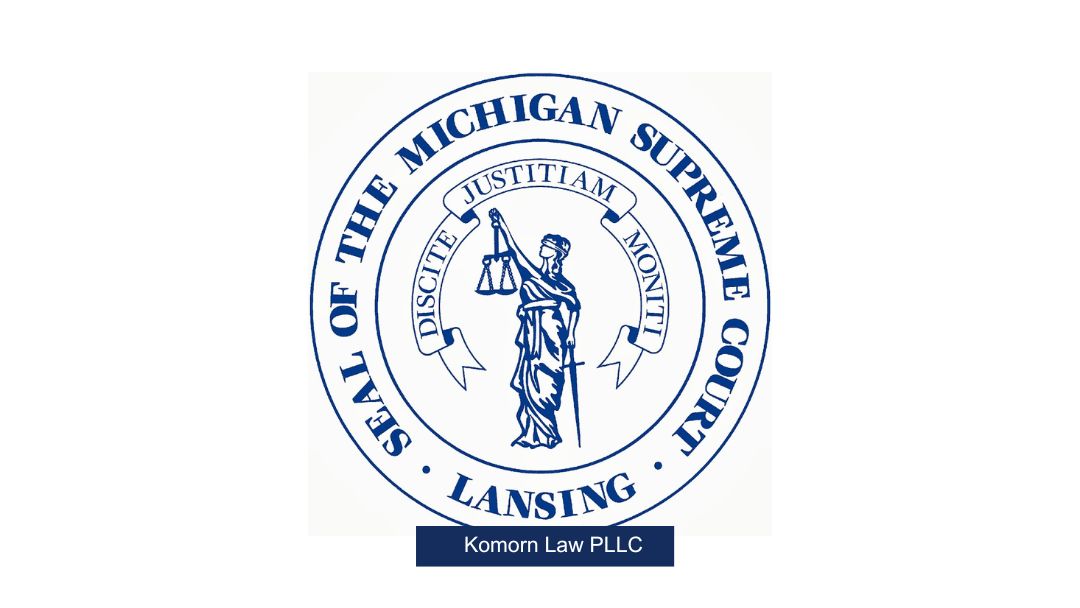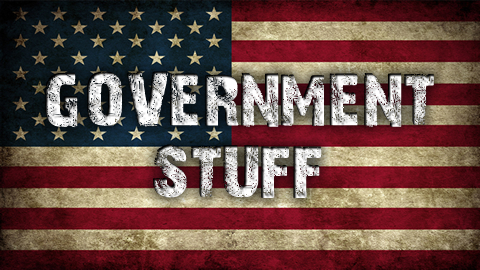In a landmark decision, the Michigan Supreme Court has ruled that counties cannot retain surplus proceeds from tax-foreclosed property sales, a move poised to return millions to former homeowners. This ruling, stemming from the case Rafaeli, LLC v. Oakland County, found that keeping surplus auction proceeds violated the Michigan Constitution’s Takings Clause, which prohibits the government from seizing private property without just compensation.
MCL – Article X § 2 Seizing private property without just compensation
Typical Government Hustle
Historically, Michigan’s tax foreclosure law, established in 1999, allowed counties to auction off properties with unpaid taxes and retain any proceeds beyond the owed taxes and associated fees.
This practice led to significant financial windfalls for counties, often at the expense of the original property owners, who lost their homes and any equity built up in them.
The Supreme Court’s decision overturns this precedent, emphasizing that former homeowners are entitled to any surplus funds from these sales.
The Michigan Supreme Court ruled that practice as unconstitutional and said the homeowner was entitled to that surplus.
At the time of the ruling, only claims from 2020 and later qualified for reimbursement of funds, but a new ruling Monday could impact sales as far back as 2014.
The case that catalyzed this ruling involved Uri Rafaeli, whose property in Oakland County was sold for $24,500 after he failed to pay a $285 property tax debt.
The county kept the entire sale amount, far exceeding the owed tax. The court ruled this action as an unconstitutional taking, highlighting the inequity of the practice.
This decision has significant financial implications for Michigan counties.
Many counties relied on surplus proceeds from tax foreclosure auctions to supplement their budgets and support various county operations.
Wayne County, for instance, often used these funds to cover budget deficits. Now, counties may face financial strain, particularly if the ruling is applied retroactively, necessitating repayments for past surpluses retained from property sales prior to the 2020 decision.
In response to the ruling, Oakland County and others will need to amend their practices. Oakland County has already settled a related lawsuit, establishing a $38 million fund to compensate affected homeowners. This settlement underscores the potential scale of financial restitution that counties might need to provide.
Like every other poor decision the government makes it will be funded by tax payers.
The ruling aligns Michigan with other states that ensure surplus proceeds from tax sales are returned to former property owners, reinforcing property rights and equitable treatment. Moving forward, Michigan counties will need to adjust their tax foreclosure processes to comply with this ruling, likely influencing legislative changes to solidify the new legal framework.
For former homeowners, this ruling represents a significant victory, affirming their rights to any equity remaining in their properties after tax debts are settled. It also serves as a check on governmental overreach, ensuring that property seizure for unpaid taxes does not result in unjust enrichment at the expense of taxpayers.
This decision has broader implications beyond Michigan, resonating with similar cases across the United States. Earlier this year, the U.S. Supreme Court sided with a Minnesota homeowner in a comparable situation, emphasizing a national trend towards protecting homeowners from losing their property equity in tax foreclosure processes.
Conclusion
The Michigan Supreme Court’s ruling mandates a fairer approach to tax foreclosures, ensuring surplus proceeds return to the rightful owners and setting a precedent for property rights protections. This decision will reshape county financial strategies and bolster homeowner protections, marking a pivotal shift in Michigan’s handling of tax-delinquent properties
Legal Counsel and Your Rights
When facing legal challenges, particularly in criminal cases, it is advisable to seek legal counsel immediately.
An experienced attorney can provide guidance on how to navigate interactions with law enforcement while safeguarding your constitutional rights.
Since 1993 our expert legal defense in navigating criminal law matters and protecting your constitutional rights are what we eat for breakfast everyday.
Contact Komorn Law PLLC if you’re ready to fight and win.
Research us and then call us.
More Rights You Should Know
No Results Found
The page you requested could not be found. Try refining your search, or use the navigation above to locate the post.
No Results Found
The page you requested could not be found. Try refining your search, or use the navigation above to locate the post.
Other Articles
Traffic Laws FAQs – Speed and Speed Limits
Michigan Traffic FAQs - Speed/Speed Limits Know the laws before you make the call. Know the laws if you get pulled over. Know who to call if you need legal defense if a violation turns into a DUI or worse. Question: My Uncle has a country place that no one knows...
Traffic Laws FAQs – Cellphones
Michigan Traffic FAQs - Cellphones Know the laws before you make the call. Know the laws if you get pulled over. Know who to call if you need legal defense if a violation turns into a DUI or worse. Cell Phones Note: These are from the Traffic FAQs - For this subject...
Traffic Laws FAQs – Equipment & Lighting Violations
Michigan Traffic FAQs - Equipment and Lighting Know the laws before you install extra equipment on your vehicle. Know the laws if you get pulled over. Know who to call if you need legal defense if a violation turns into a DUI or worse. Equipment & Lighting...
Traffic Laws FAQs – Tinted Windows
Michigan Traffic FAQs - Tinted WindowsTinted Windows Question: Can I have tinted windows on my vehicle? Answer: The law that covers window applications is MCL 257.709. The use of tinting is limited to the rear side windows, the rear window if the vehicle has outside...
A historic cannabis shift is one of the latest election year moves
AP StoryPresident Joe Biden may potentially ban TikTok, but he aims to offer young individuals, who largely influence this widely-used social media platform, a more lenient government regulation regarding marijuana. Facing a decline in support from an important...
SCOTUS Opinion, SHEETZ v. COUNTY OF EL DORADO, CALIFORNIA
The Constitution provides “no textual justification for saying that the existence or the scope of a State’s power to expropriate private property without just compensation varies according to the branch of government effecting the expropriation.”The case in question...
New rule mandates time and a half pay for lower paid employees
Qualified lower-paid workers who earn a salary but work more than 40 hours in a week will soon be entitled to guaranteed time-and-a-half pay, thanks to a new labor rule announced by the Biden-Harris administration. This rule will raise the salary thresholds necessary...
Whitmer Signs Bills for Health Services and Criminal Justice
LANSING, Mich. – Today, Governor Gretchen Whitmer signed legislation that aims to establish a licensure framework for dietitian nutritionists. The governor also signed legislation that delivers ongoing funding for trial courts across the state, reducing costs for...















